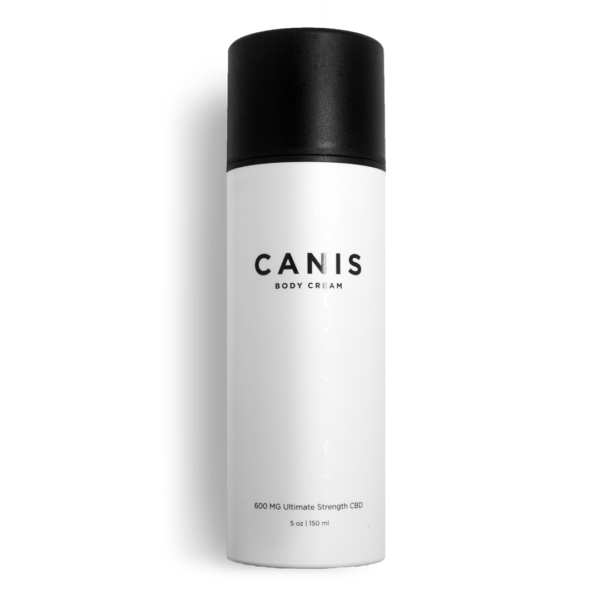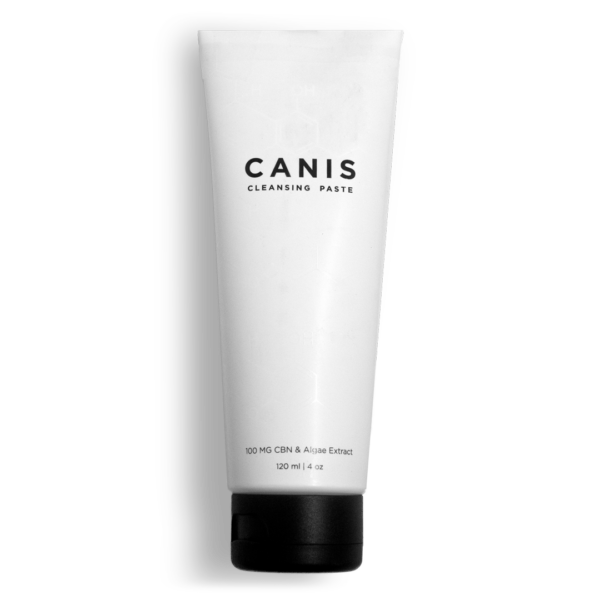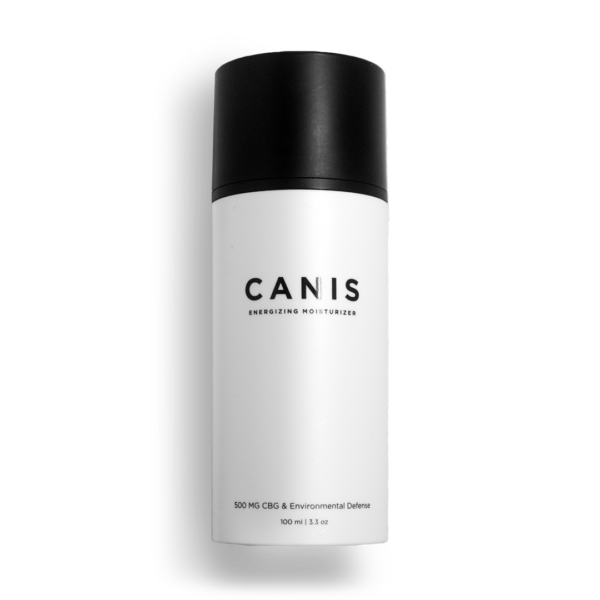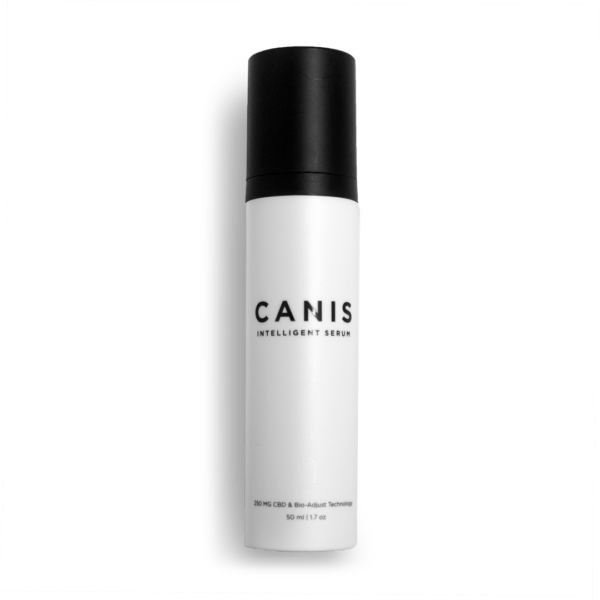Blog
CBD Face Lotion Benefits

CBD has been a game-changing ingredient in skin care. And if you look closely, you’ll discover it all over: in sunscreens, masks, lip balms, moisturizers, and more. The question is whether you should apply this stuff to your skin, specifically CBD face lotion.
Let’s start by defining CBD. According to Harvard Health Publishing, cannabidiol (CBD) is an active component of the cannabis plant. Medical marijuana or hemp can produce CBD. Marijuana does not have psychotropic effects, as CBD is present. (THC is the chemical that creates the high.) That said, CBD will not cause any mind-altering effects.
If you want to learn about CBD oils read, What is CBD oil good for, here.
The Proposed Benefits of CBD Face Lotion
CBD’s popularity is attributed to its “do anything” reputation, according to experts. In fact, many individuals use CBD in the hopes of alleviating a variety of ailments, including anxiety, insomnia, pain disorders, and now – increasingly it seems – skin issues.
In general, manufacturers include CBD in their products to give them a boost. “CBD is an extremely cost-effective method of improving items,” says Austin Katz, the Brooklyn, New York-based co-founder of Sheabrand. Because of its flexibility, CBD is found in a variety of treatments – those that claim to cure acne, dry skin, and eczema – owing to its popularity. “I believe we’re living in an era when people want to feel powerful enough to satisfy their needs on their own,” he adds.
CBD Face Lotion
There isn’t a lot of scientific research on the use of CBD in skin-care products. If you’re interested in this trend, here’s what a board-certified dermatologist has to say.
Potentially Helps Inflammation, Eczema, and Psoriasis
CBD is advertised as a supplement that can help relieve pain, inflammation, and other symptoms of numerous illnesses. “CB1 and CB2 are two known CBD receptors in the body,” explains Robert Dellavalle, MD, PhD, adjunct professor of epidemiology at the Colorado School of Public Health in Aurora. CBD interacts with these receptors when applied to the skin to dampen inflammation. This occurs by “decreasing the interleukins, which are chemicals that function like the fire alarm in an emergency. CBD may lower the volume of that fire alarm,” he adds.
In a nutshell, you may expect fewer redness overall, and CBD creams may help reduce dryness in skin diseases such as eczema and psoriasis, according to a review published in July 2017 in the Journal of the American Academy of Dermatology. Keep in mind, though, that the study included just three studies: two in humans but with small sample sizes and one in mice, which isn’t always an indicator of human health. As a result, additional research on CBD’s advantages for reducing skin redness are needed.
Furthermore, a recent research published in the Italian journal Clinical Therapeutics examined 20 people with eczema, psoriasis, or scarring and discovered that a particular CBD ointment enhanced skin hydration (moisturizing and preventing water loss), increased skin elasticity, and improved their quality of life. It’s possible that the ointment’s fatty acids caused it, but it was also due to CBD’s anti-inflammatory properties, according to the researchers. However, further study in a larger human population is required.
Many dermatologists often give topical steroid gels to people with skin problems, who use them as anti-inflammatory medicines. “These are very safe for most individuals and have proved quite successful, but some people avoid using steroids,” says Dellavalle. CBD may be a nonsteroidal therapy to meet that need. Topical steroids have a variety of possible side effects, including thinning of the skin if used excessively or for a long period of time, but they can be avoided by following the manufacturer’s instructions. The National Eczema Association explains that working with your dermatologist to ensure you’re using the correct medicine at the correct dosage can help.
Dr. Gohara believes CBD works best in inflamed skin disorders because they’re dissipating. “In inflammatory skin diseases, I prefer to use CBD,” she says. “I generally advocate the use of a medication to extinguish the fire and then CBD to clean up the mess,” she says.
Beyond that, CBD has the ability to be used as a stopgap against the early indications of aging. “All skin disease, including aging, is founded on inflammation,” she adds. There is no cure-all for this yet, though. Dr. Gohara explains, “Everything has benefits and drawbacks as well as restrictions.”
Possibly Plays a Role in Treating Acne
CBD, along with being a potential therapy for skin conditions characterized by inflammation, is also utilized in anti-acne items. For example, the CBD Blemish Mask from Mantra Mask incorporates CBD and tea tree oil to combat pimples. “There are CB2 receptors on sebaceous glands, which produce oil. According to research, CBD influences the sebum production of cells and has an anti-inflammatory component,” says Jeanette Jacknin, MD, a board-certified dermatologist in Solana Beach, California, who specializes in CBD skin care. The allergy-inducing substance found in some plant extracts, according to a study published in The Journal of Clinical Investigation and Experimental Dermatology, is also present in other plants. This matches findings stated in prior articles in The Journal of Clinical Investigation and Experimental Dermatology.
Dr. Jacknin also highlights preliminary research presented at the annual meeting of the American Society for Microbiology in June 2019, which found that topically applied CBD may be useful against a variety of gram-positive bacteria. “This bacteria is one of the causes of acne,” she adds. (Researchers collaborated with Botanix Pharmaceuticals, a firm that develops treatments for skin diseases like acne and psoriasis, for this study.)
May Decrease Inflammation From Sunburns
Finally, CBD skin care is being used in sunscreen for one of the newest purposes. It makes sense to incorporate CBD into sunscreen since its anti-inflammatory properties may help relieve sunburn redness, according to Dellavalle. Many people apply sunscreen incorrectly (following AAD guidelines), but applying a CBD-infused SPF may enhance overall absorption and reduce the reaction of sunburned patches, according to Dr. Lee.
What Scientific Evidence Doesn’t Yet Tell Us About CBD Face Lotion
Taking a step back and examining the situation in its entirety may be helpful if CBD seems to be the answer for your skin problems. CBD, on the other hand, has been studied extensively. Because CBD has been illegal federally for so long, there hasn’t been a lot of research done on it. [CBD] has remained illegal federally for such a long time, and it’s been tough to do research on something that was previously thought to be comparable to cocaine or heroin. Hemp has been removed from the definition of marijuana under the 2018 Farm Bill, allowing CBD products to be marketed and sold without restriction. CBD products are legal in the United States as a result of this, which has provided researchers the opportunity to conduct more research on CBD and for product producers to produce and market CBD items lawfully, according to the Food and Drug Administration (FDA), it is still unlawful to advertise CBD as a supplement.
While CBD may “have shown some initial promise as therapy for a variety of skin diseases,” there is still a need for large, high-quality, randomized, controlled studies, according to an article published in December 2020 in Cannabis and Cannabinoid Research. A study published in the May-June 2019 issue of Clinics in Dermatology advises people and their doctors to be just as cautious with these products as they would if they were using traditional tattoos. Finally, although topical CBD is well tolerated and may help with a variety of skin conditions (including acne, dryness, and irritation), there’s still much study on the safety of CBD therapy, according to a study published in 2020 in Clinical, Cosmetic, and Investigational Dermatology.
Unknowns About CBD Dosage
Although doctors are still unsure about the ideal dose of CBD for treating skin problems or boosting general health, many believe it has anti-inflammatory properties. For optimum absorption, some firms create formulations with various doses depending on the target skin region, such as the body or face – for example. CBD’s relationship to established topical medicines like retinoids, vitamin C, and alpha hydroxy acids is unknown.
Questions About Cannabinoid Combinations
There are hundreds of additional chemicals in the cannabis plant, and nobody knows what combinations would be best. According to the Clinical Therapeutics report, plant terpenes (including cannabis’ essential oils), for example, might have synergistic effects. “So much study is needed. We’ll be dealing with this issue for the next 25 years,” says Dellavalle. More targeted and more effective medications for ailments like eczema and acne may be on the way, according to Jackin.
Final Thoughts On CBD Face Lotion
Overall, CBD face lotion is a promising addition to any skincare routine, but more research is needed to determine its long-term effects. Be sure to purchase CBD products from a reputable source, and start with a small amount to see how your skin reacts.






